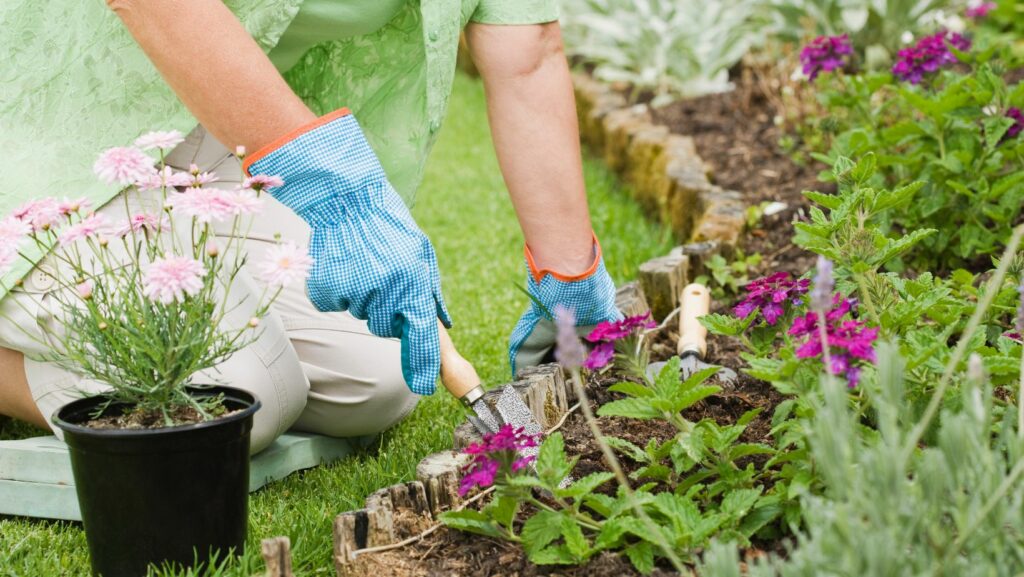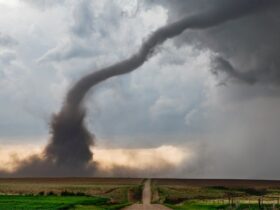The Harsh Truth of Food Scarcity
There’s a saying that suggests society is only a few missed meals away from chaos. This highlights the delicacy of our contemporary existence, which is increasingly threatened by global issues like climate change and political unrest. The possibility of food shortages, once a concept of dystopian tales, is now a critical concern that could mean the difference between life and death. For those focused on self-sufficiency, such crises emphasize the value of being able to grow one’s food. In uncertain times, cultivating your food can transform you from being vulnerable to resilient, replacing despair with hope. Let’s delve into what a survivalist should grow to maintain sustenance in the event of a food shortage.

Potatoes
These nutrient-rich, calorie-dense tubers can thrive in various soils and are an ideal choice. They can be stored for extended periods in a cool, dark environment.
Beans
Beans are a significant source of protein and play a key role in maintaining muscle strength and energy. They benefit the soil by adding nitrogen and can be dried and stored for long durations.
Kale and Spinach
These nutrient-packed leafy greens grow quickly, even in cooler climates, ensuring a speedy harvest when needed.
Carrots
Carrots, high in vitamins and fiber, can be stored for long periods. They grow well in deep, loose soil and can withstand light frost.
Zucchini and Squash
Easy to grow, these vegetables yield a large harvest and provide essential nutrients. They can be preserved through drying or pickling.
Tomatoes
With a variety of uses and rich in vitamins, tomatoes are a versatile choice. Smaller varieties like cherry tomatoes yield faster. They can be consumed fresh, canned, or used in sauces.
Peppers
Nutrient-rich peppers can be dried, canned, or frozen. They are fairly drought-resistant, making them valuable in water-limited conditions.
Grains like Quinoa and Amaranth
High in protein and gluten-free, these grains can be stored for lengthy periods and require minimal care once planted.
Gardening Strategies in Times of Food Scarcity

Companion Planting: Growing certain plants together can naturally deter pests or enhance growth, like marigolds with tomatoes to keep nematodes at bay.
Rainwater Harvesting: Collecting and storing rainwater becomes crucial in times of shortage.
Soil Health: Regularly enriching your soil with organic compost is key to maintaining its nutrient-rich quality.
Natural Pest Control: Using natural pest deterrents such as neem oil or diatomaceous earth can protect your crops without chemicals.
Food shortages present a daunting challenge, but they also highlight the resilience of the human spirit. Planting seeds in such times symbolizes hope and a practical step towards independence.
By choosing appropriate crops and employing effective gardening techniques, one can effectively navigate through periods of food scarcity. In the process of planting, nurturing, and harvesting, we find more than just physical nourishment – we connect deeply with the earth and the fundamental cycles of life.






Leave a Reply